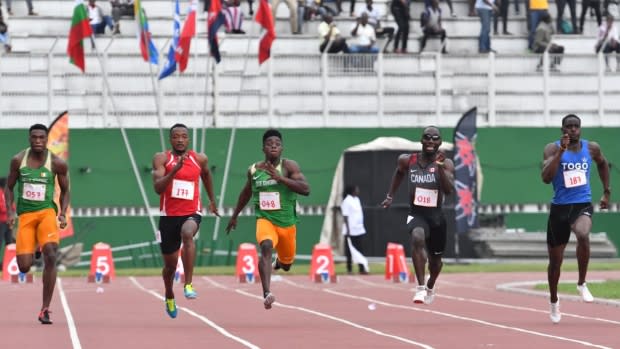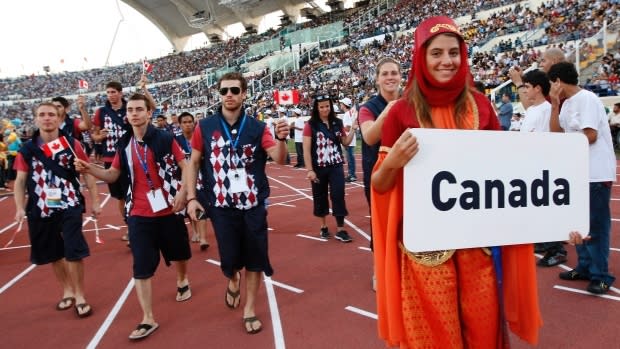Congo bids for 2021 Francophonie Games following province's withdrawal
Officials are evaluating whether to hold the 2021 Francophonie Games in the Democratic Republic of Congo and will make a recommendation about the country's candidacy at a meeting Thursday.
After New Brunswick withdrew from hosting what's considered the largest sports and cultural event in the French-speaking world, an accelerated bidding process was reopened to all 61 member nations.
It was unclear whether anyone would become a candidate, as the new deadline of June 14 had passed without a word from officials.
Now, in a tweet, the International Organization of the Francophonie has announced a technical evaluation of Congo's proposal is underway.
A recommendation will come out of that evaluation, with the final decision expected July 2, the organization told CBC News.
'Interesting one'
Marc Lalonde, president of Athletics New Brunswick, an organization representing more than 1,200 athletes, calls Congo's candidacy an "interesting one."
He thinks a lot of countries would have problems sending a team if the games were happening tomorrow.
The government of Canada currently recommends avoiding all non-essential travel to the Democratic Republic of Congo, citing rampant crime, the threat of terrorist attacks and increasing kidnappings of foreigners.

The country is also grappling with an Ebola outbreak — its largest ever and the second-largest worldwide.
Congo's candidacy would be evaluated based on how the country's security is expected to evolve over the next two years, and in the end, the decision would be up to the government of Canada whether to send athletes.
"That is sort of the nature of the Francophonie games, in particular when hosted in Africa, which has an evolving political scene," said Lalonde.
With the last Francophonie Games in Ivory Coast in 2017, Lalonde said, there was some degree of uncertainty whether Canada would send a delegation until nine months before the event.

Infrastructure is also a big question mark, especially with the games now only two years away.
"Certainly, that was an issue of Ivory Coast, where they were still putting pieces of the infrastructures together as the athletes were arriving," he said.
New Brunswick's delegation would consist of three or four dozen people, including young athletes aged 18 to 35 — both French and English-speaking — coaches and artists.
The Blaine Higgs government cancelled plans to host the games in January, shortly after projected costs of $130 million — seven times the initial bid, were made public.
Access to information documents revealed much effort was put into securing the games for New Brunswick, and less on coming up with a realistic initial budget.


